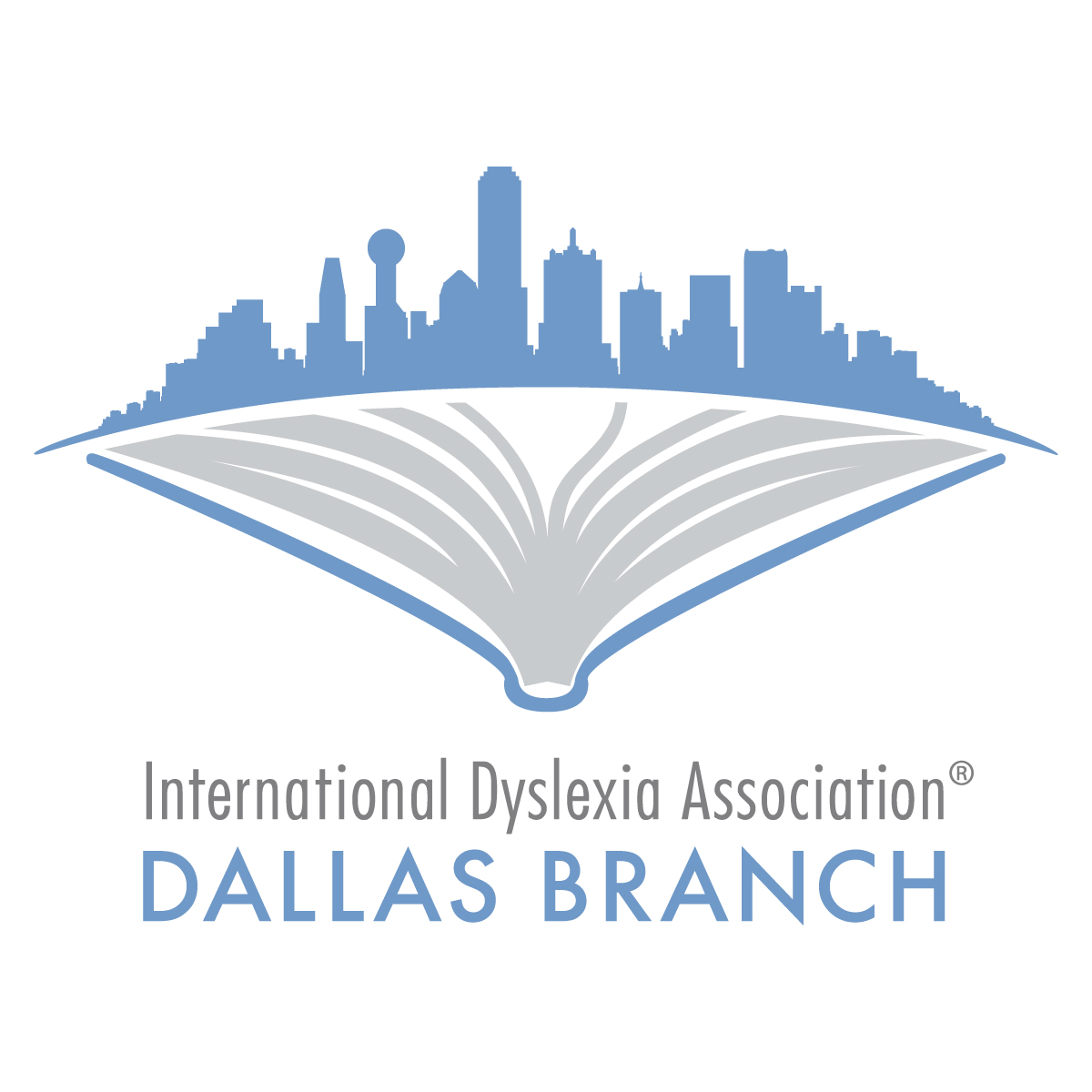Dyslexia: Myths & Facts
Separating common misconceptions from the truth about dyslexia.
Common Myths About Dyslexia
Misconceptions about dyslexia are common and can be harmful. They may prevent individuals from seeking proper diagnosis and support. Below, we address some of the most prevalent myths about dyslexia with factual information.
Myth
Dyslexia is rare.
Fact
Dyslexia is actually quite common. It affects approximately 15-20% of the population, making it the most common learning disability.
Myth
Dyslexia is just seeing letters and words backwards.
Fact
Dyslexia is not primarily a visual problem. It's a language-based learning disability that affects how the brain processes language. While some people with dyslexia may reverse letters or words, this is not the primary characteristic of dyslexia and not everyone with dyslexia experiences this issue.
Myth
People with dyslexia can't read.
Fact
People with dyslexia can learn to read with appropriate instruction and support. While reading may be more challenging, with evidence-based interventions like structured literacy, individuals with dyslexia can become skilled readers.
Myth
Dyslexia is a sign of low intelligence.
Fact
Dyslexia has no relationship to intelligence. In fact, many people with dyslexia have average to above-average intelligence. Notable scientists, artists, entrepreneurs, and professionals in various fields have dyslexia.
Myth
Children will outgrow dyslexia.
Fact
Dyslexia is a lifelong condition. Children don't outgrow it, but with proper interventions and strategies, they can learn to manage it effectively and become successful readers and learners.
Myth
If you're good at math, you can't have dyslexia.
Fact
Many people with dyslexia excel in areas such as math, science, engineering, and the arts. Dyslexia affects language processing, which may not impact mathematical reasoning or spatial thinking abilities.
Myth
Dyslexia only affects reading.
Fact
While reading difficulties are a primary characteristic, dyslexia can also affect writing, spelling, speaking, and other language-related skills. It may impact organization, time management, and memory as well.
Myth
Dyslexia can be cured with medication.
Fact
There is no medication that cures dyslexia. Effective approaches include structured literacy instruction, accommodations, and assistive technology, not medication.
Myth
Dyslexia is caused by poor parenting or lack of exposure to reading.
Fact
Dyslexia is neurobiological in origin and often genetic. It is not caused by poor parenting, lack of intelligence, or insufficient exposure to reading. Research indicates that dyslexia runs in families.
Myth
People with dyslexia are just lazy or not trying hard enough.
Fact
People with dyslexia often work harder than their peers to achieve the same results in reading and writing tasks. The challenges they face are real and neurologically based, not due to lack of effort or motivation.
Famous People with Dyslexia
Many successful individuals across various fields have dyslexia. Their achievements demonstrate that dyslexia does not define one's potential for success. Here are just a few examples:
Science & Innovation
- Albert Einstein - Theoretical Physicist
- Carol Greider - Nobel Prize-winning Molecular Biologist
- Steve Jobs - Co-founder of Apple
- Richard Branson - Entrepreneur and Founder of Virgin Group
Arts & Entertainment
- Leonardo da Vinci - Artist and Inventor
- Steven Spielberg - Film Director
- Whoopi Goldberg - Actor
- Orlando Bloom - Actor
- Keira Knightley - Actor
Sports
- Muhammad Ali - Boxer
- Tim Tebow - Football Player
- Simone Biles - Olympic Gymnast
- Magic Johnson - Basketball Player
Literature & Politics
- Agatha Christie - Author
- John F. Kennedy - U.S. President
- Winston Churchill - British Prime Minister
- Anderson Cooper - Journalist
Learn More About Dyslexia
Understanding dyslexia is the first step toward effective support and intervention. Explore our resources to learn more about dyslexia and how to help individuals with dyslexia thrive.
